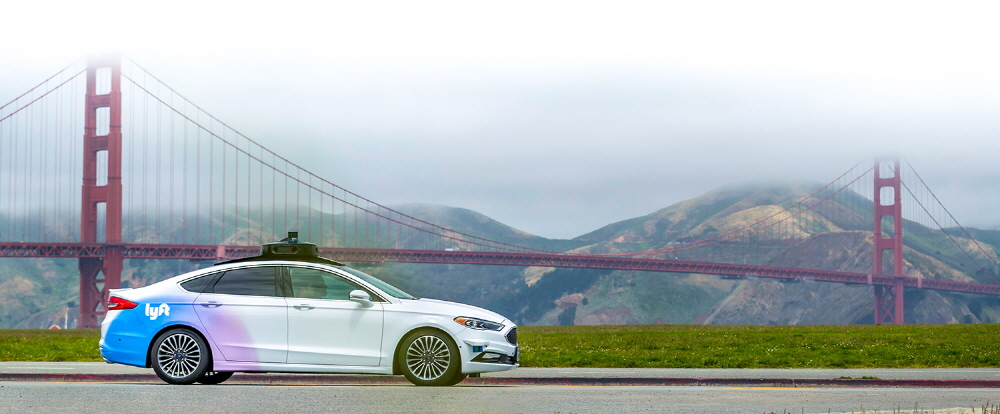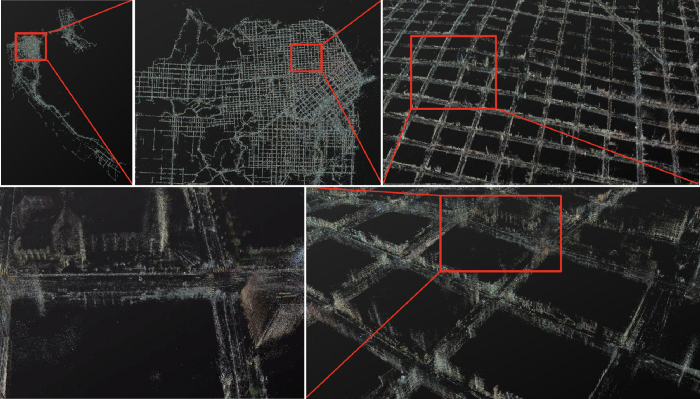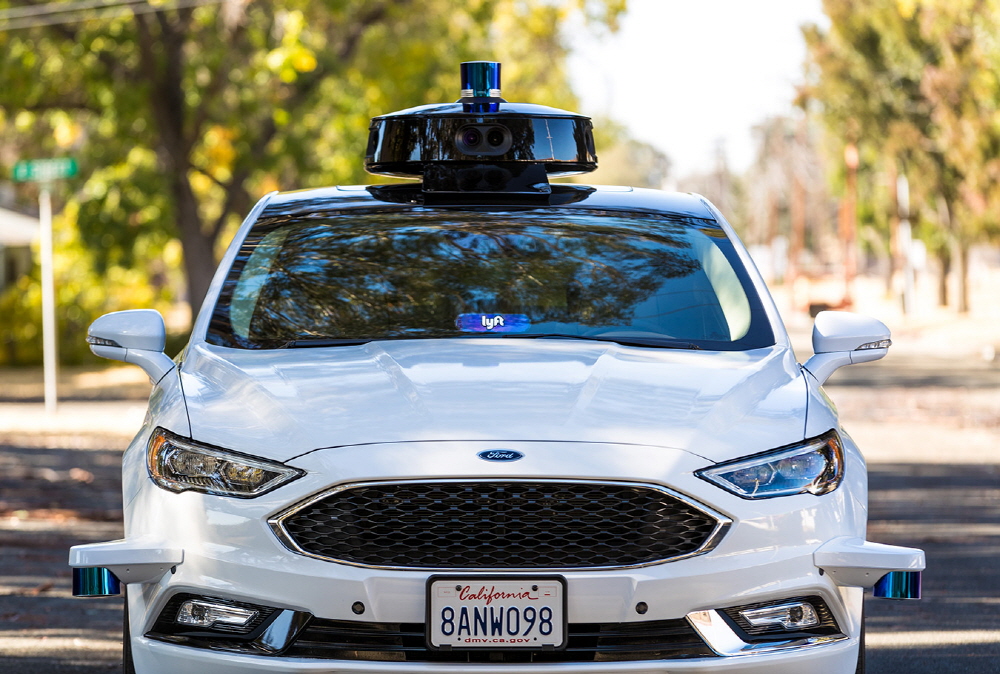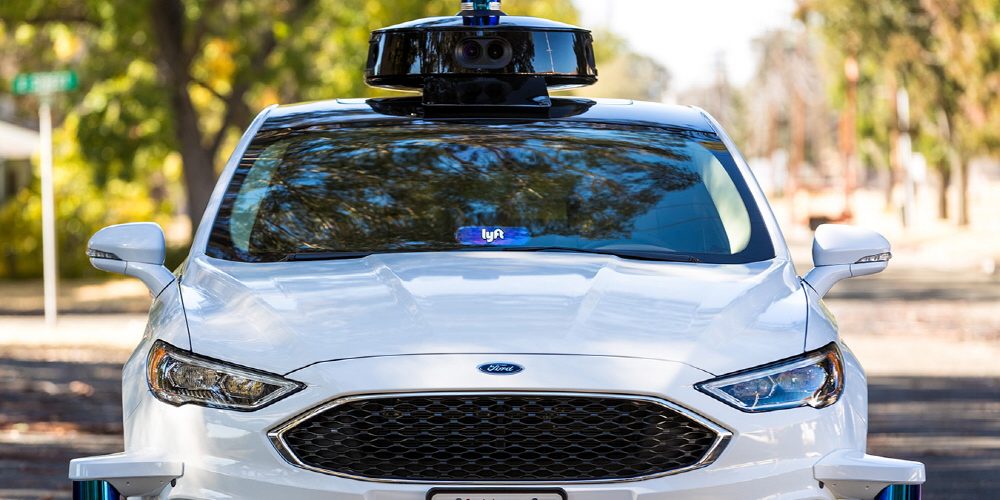
Lyft, a vehicle-sharing company, launched Lyft Level 5, an autonomous vehicle development division, in July 2017, and began developing its own autonomous driving system. This lift level 5 is attracting attention by making the vast datasets that have been used in the development of autonomous vehicles available to the public for free and allowing university and corporate researchers to develop autonomous driving technologies using their own datasets.
Lift says autonomous driving technology will improve the quality of life, and that autonomous vehicles can be shared by multiple people to cope with environmental issues and increased urban infrastructure burden. CEO Logan Green Lift also emphasizes that self-driving technology will not only reduce accidents and protect lives, but also solve climate change problems through vehicle sharing.

While numerous companies and research institutes focus on the development of autonomous driving technology, Rift Level 5 points out that research teams do not have a system to cooperate with each other. Advances in autonomous driving technology will benefit everyone around the world, claiming that developers should make new investments in all areas. It is for this reason that Rift Level 5 has decided to release a dataset that will help develop the autonomous driving technology it has collected.
The dataset released by Rift Level 5 is the largest among the published datasets related to autonomous vehicle development, with up to 55,000 human-labeled 3D annotation frames, a road map that can be driven, 7 cameras and 3 lidar sensors. It includes data using a band, and an HD semantic spatial map that semantically classifies spatial objects.
The dataset we released this time was collected by Rift Level 5 over the past two years. Lift Level 5 has been collecting useful data from autonomous vehicles operated as shuttles for employee movement. In addition, HD mapping, which is important for autonomous vehicles, was performed by the Munich and Palo Alto research teams, and built high-quality maps and high-resolution maps based on LiDAR sensors. The London research team also used data captured by smartphone cameras from lift vehicles to create high-quality, low-cost geometric maps.
Lift Level 5 has a cooperation system, such as operating autonomous taxis in Las Vegas in cooperation with another company, Aptiv, saying that research teams need to cooperate with each other to develop autonomous vehicles. The self-driving taxi sharing service is provided through the lift platform and has already been used more than 50,000 times in Las Vegas.
With the release of this dataset, Rift Level 5 has also decided to hold a personal developer contest. It seems that there will be competition for algorithm training using datasets. The winning prize is $25,000 and the winner will be invited to a machine learning conference in December.

Academic research promotes innovation, but obtaining expensive datasets is difficult even for public institutions. Rift Level 5 is expected to contribute to the development of autonomous driving technology in various fields, providing an environment in which researchers interested in autonomous driving technology can study equally by revealing and sharing their own datasets. It is said that the Rift Level 5 side will continue to disclose the collected data in the future. Related information can be found here .


















Add comment